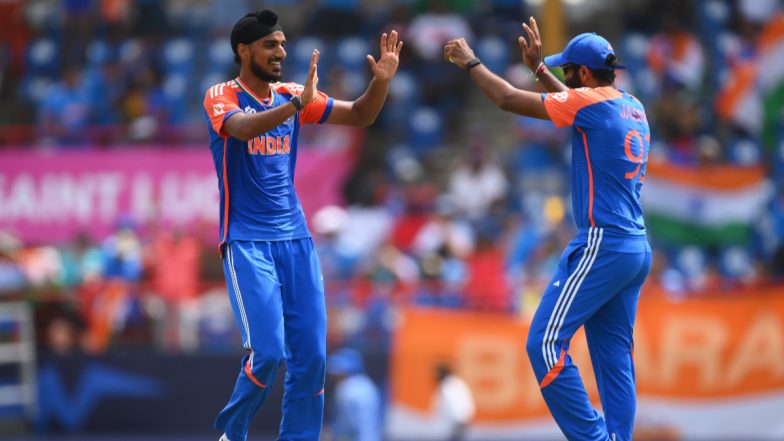
It’s a film with many curious details that add to its likeable strangeness. There’s a man who supposedly has ears on his back. There’s a man who seems to possess super-human upperbody strength—a man who won’t let things go, in more ways than one. This man also strangely keeps rubbing people’s backs. A cobra features at one point, playing its (divine?) part.
My favourite moment is the coincidence of a balloon going off at one point that results in an unintended gunshot. Somewhere, a pendant of baby feet becomes an important symbol too. All these details ensured that I wasn’t processing this as just another film of its kind—and there’s enough subtext too, say, about deeper ideas like paternal love.
There’s a father who believes in quiet, hard work, and who takes pride in the smarts of his daughter. There’s another who gets a bit taken by expensive gifts, about overextending his means to provide luxuries. There’s more subtext in how they both handle losses: the constructive way, the destructive way. Point. Counterpoint.
In this film about horrible and horrified men, the women suffer. Maharaja’s wife is an early casualty. Another woman, the wife of a major character, dies a different sort of death. But the most important of all, Maharaja’s daughter (Jyoti)—in a crucial scene at the end—holds her own. This, to me, defines how we should perceive her and how we should not.
In very few films that deal with this topic, do we have a woman tell her protector-caretaker, “Please step out and give me a moment.” This is a girl who shows personality much earlier too—as she dispenses advice to her father, as she controls the reins at home, as she chases her dream and works hard at it.In the cruel world of Maharaja, violence, gore, abuse… they are all natural allies.
And yet, on occasion, I wondered if some hyper-violent moments served any deep purpose, apart from merely existing for shock value. A man is broken and destroyed at one point, and for all practical purposes, he’s finished. And that should be enough, but no, the film wants him truly finished. In another scene, a character gets found out and we know what’s about to happen to him.
And yet, the film sanctions the action with approval from the police—who the film establishes as untrustworthy anyway. It also lingers a bit too long, I think, on a disturbing moment—overeager to establish evil. Its handling of catharsis too is painted in one too many wild strokes of bloodlust.
Maharaja is a film about actions snowballing into disastrous consequences. A bad man goes to a saloon and takes a phone call. And that results in a chain of disturbing events. Perhaps that’s why this film begins, in the same setting of a saloon, with a game—antakshari—a game that’s, in essence, a chain of songs, one taking off from another. The film is a rather wild song though, one that breaks structures and seems out of tune for a while. However, that end flourish, with all that orchestral pain and violence, makes this a winning song.
Film: Maharaja
Director: Nithilan Swaminathan
Cast: Vijay Sethupathi, Anurag Kashyap, Mamta Mohandas, Abhirami
Rating : 3.5/5







